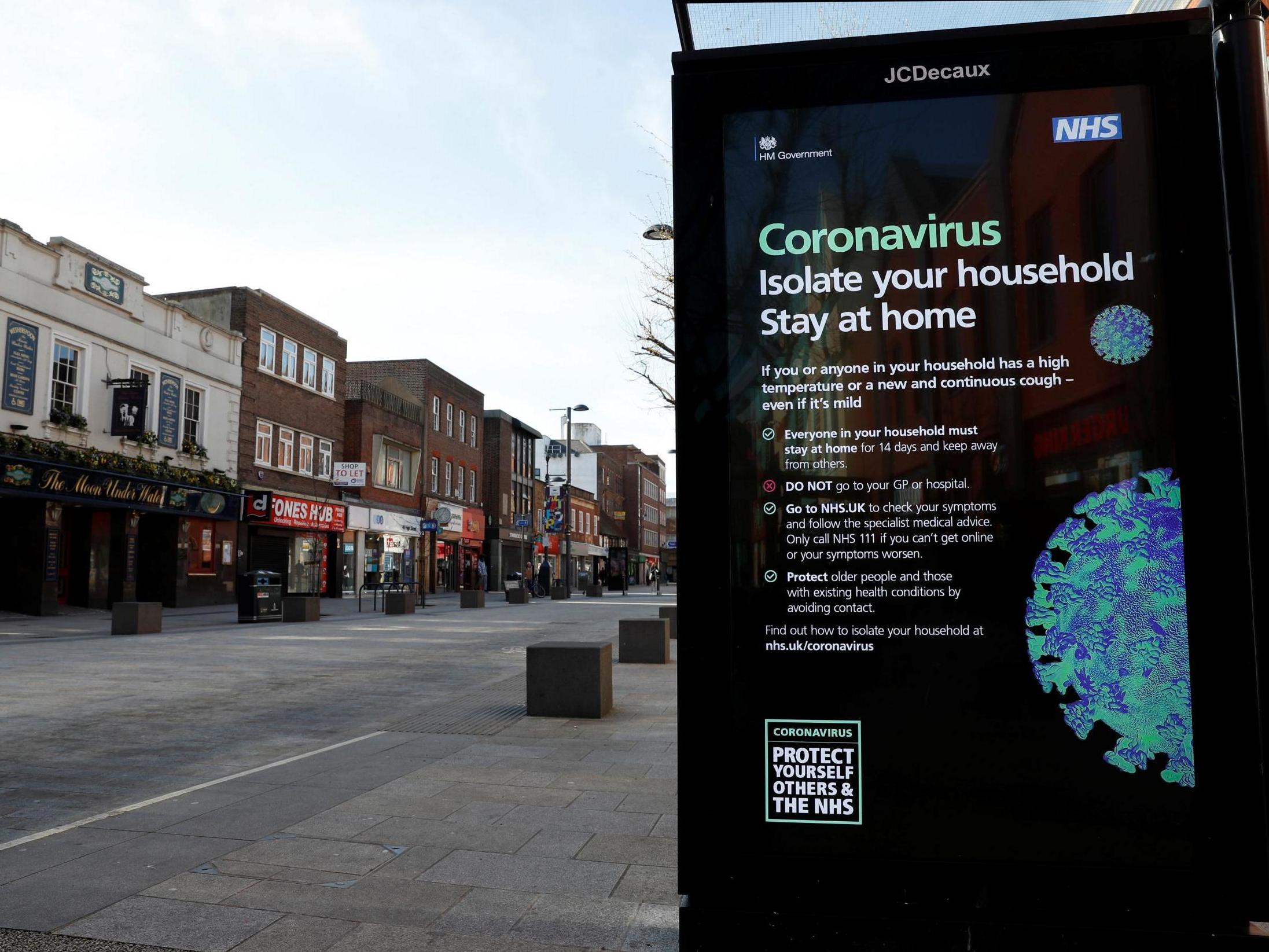I was gripped by anxiety during lockdown – now talking about mental health is helping me through the crisis
A fifth of vulnerable people have considered self-harm in the lockdown and the worsening of mental health issues is something we should be rallying around to prevent, says Alex Holmes

I couldn’t open the marmalade jar and I had a meltdown. It was the first of many meltdowns during this intense period of lockdown – as well as being one of the more melodramatic moments of my life thus far.
There had been tensions that week both inside and outside of the home. Boris Johnson had recently announced that the nation was to go into lockdown. We were to stay indoors. At first, I was unperturbed. There were five of us living under the same roof at the time and I had to adjust to having my whole family home. But I was unsure about what was to come. I had three panic attacks at work in 2018 and have been in and out of therapy for the last two years.
“I have been on lockdown since 2019. All of you just got here!” I exclaimed, pouring wine with a shaking hand. We laughed. Laughs covered our concerns. Concerns about the impact of the crisis on mental health. Almost as if I prophesied, I saw it unfold before me. A fifth of vulnerable people have considered self-harm in the lockdown, and the worsening of mental health issues is something we should be rallying around to prevent.
My friend, a paranoid schizophrenic, had a delusion following Johnson’s lockdown statement that Covid-19 was a government plot created to harm Black people, and that there was a zombie infestation in the nearest hospital. He put a call out on social media to join arms and defeat the invasion. He armed himself and went out.
I rang friends and community helplines, pleading for them to help him, but there was nothing they could do. He had to be a danger to himself and others, or willingly hand himself in. But he was none of these things – his intention was to protect himself from the dangers that might be presented to him, not to cause harm.
The anxiety gripped me by the throat. Extra powers existed to arrest and detain people under new Covid-19 legislation, and I was all too aware of the overrepresentation of Black men detained under the Mental Health Act 1983. I felt useless. Another friend of mine was sectioned after experiencing psychosis, invariably brought on by the killing of George Floyd and the amplified conversations of racial injustice – she sat in a room, angry and unheard.
My anxieties about the impact the crisis was having people, particularly Black people and my friends and family, meant when my Zoom therapy session came around I broke down in front of the screen.
“How are you feeling today?” My therapist began the session. “Useless,” I said.
At the beginning of the lockdown, I walked daily. One hour each morning, giving myself the time and space to breathe in the morning air and catch the sunrise. It was a rare moment when frustrations of society escaped me. I was able to hear myself, fully. It gave me space to press pause on worry. To not worry about what I can’t control.
As lockdown eases, there are people who still don’t think the coronavirus exists and don’t believe in wearing a mask. Soho has become the proverbial town square where reckless abandon and moral confusion abide, and I worry again.
I worry about what will happen to my mum, who is immunocompromised and still under strict instructions to shield herself – will she be able to go back into the world? What if she contracted the virus? Or my dad, who is still required to go into work three times a week – outside where the virus is still circulating? Let alone talk of furlough. What will happen to those people? There was more than enough to worry about.
My podcast, Time To Talk, revealed a new level of conversation for me. It is a space to talk about the things that are both challenging and encouraging. I have refreshing conversations, with predominantly men from all backgrounds, about life and their own mental health. For Mental Health Awareness week in May, I spoke to the CEO of Samaritans, Ruth Sutherland, on my podcast.
I asked about the people who were the most likely to call in with concerns during this crisis. She said: “In terms of suicide risk, those most at risk are low-income, middle-aged men, and they really are the furthest away from help.” Domestic violence cases have increased. Divorce rates have been predicted to sky rocket post-lockdown, and mental health problems among young people and those with serious mental health conditions are set to rise as more people feel anxious and hopeless about what is to come.
We need safe spaces. Fortunately, I had set my room up as a functioning workspace in 2019 when I began freelancing, as if preparing for the madness of 2020.
“How are you feeling today?” I logged into Zoom this week with my therapist.
I paused, thinking about the conversations I was having. I had thrown myself into reading and writing to keep my head above the water. My book, based on the podcast, is due out next year and focuses on connection, vulnerability and courage. The reality is people are suffering, but it is important to remember: we are not alone. People around me are marching and protesting to make a difference, battling each day, praying for survival. How could I feel alone, when so much is happening to each of us?
I replied to my therapist: “Better. Considering, I still can’t open the marmalade jar.”
Alex "Reads" Holmes is a writer and podcaster.
Join our commenting forum
Join thought-provoking conversations, follow other Independent readers and see their replies
Comments
Bookmark popover
Removed from bookmarks